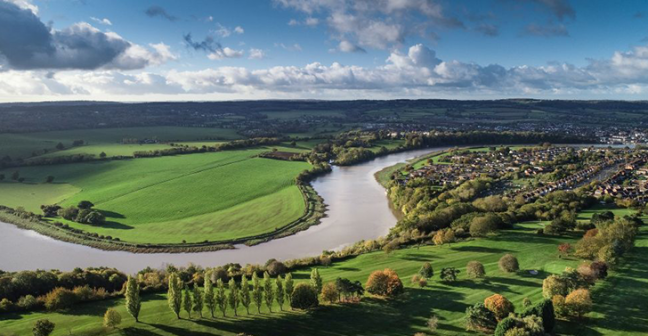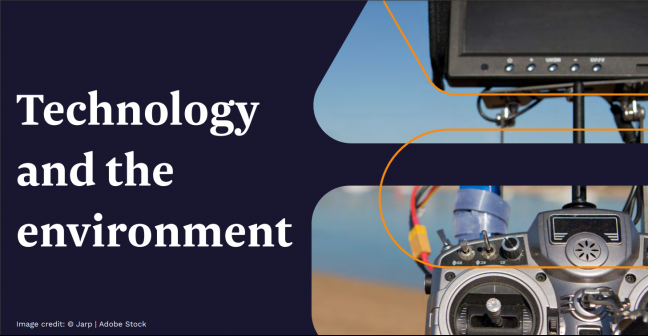The CastCo Catchment Systems Thinking Cooperative (CastCo project) is building a shared understanding of monitoring data so that citizen scientists can work alongside professionals to restore rivers together. They have been working with eight Demonstration Catchments for the last two and a half...
Members' Area Closed
From 10th November to 18th November, the Members' Area of the website will be offline as we move to a new website and upgraded Members' Portal. This means that you will not be able to update your details, complete forms or record your CPD for this week. We apologise for any inconvenience this may cause.
Webinars content
This webinar provides an overview of the new groundwater quality standards for Scotland, including the key changes to Scottish Environment Protection Agency's (SEPA’s) associated guidance on assigning groundwater criteria for pollutant inputs, and on land contamination impacts on the water...
Technology has a profound impact on the world around us. It influences the decisions people make on a daily basis and directly affects the state of our natural world.
Over the last few years, the rate of technological development has been even more pronounced. The effects of the COVID-19...
According to World Health Organisation (WHO) estimates, air pollution contributes to over 6 million deaths annually. A growing body of research links it to the exacerbation of chronic and acute diseases, including asthma, chronic obstructive pulmonary disease (COPD), and cognitive decline.
...Protecting our rivers, lakes and seas: tackling water pollution through innovation and collaboration
The health of our water environment has never been higher on the public and Government agenda. The topic features daily in the media, while the Government has set a key priority to ‘Clean up our rivers, lakes and seas’. This Foundation for Water Research (FWR) panel discussion explores how...
Artificial Intelligence (AI) is becoming ever increasingly integrated into our everyday lives. Its use within the Environmental Impact Assessment (EIA) process presents both an opportunity as well as a risk if not used appropriately or within guidelines.
In this talk Peter Hurley and...






